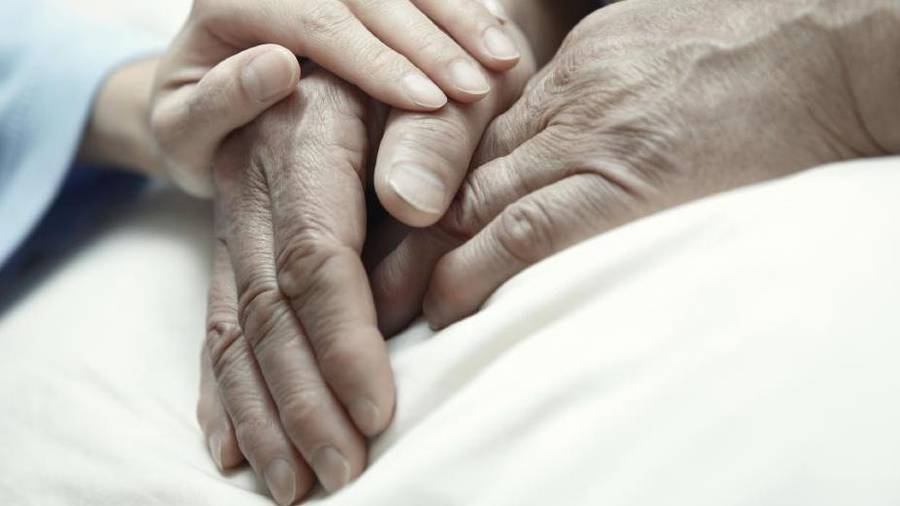Originally published in The New Zealand Herald, 21 January 2018
By Terry Sarten
The current debate around proposed legislation that will allow for assisted dying, euthanasia and the right to die is a deeply profound distraction that suits politicians well.
It is simply palliative legislation. The definition of the term palliative includes the words “relieving the pain without dealing with the cause of the condition”.
The legislation as it stands suits the Government as the current discourse avoids the more painful subject of costs to the taxpayer of providing effective palliative services.
The Government has avoided the option of more funding for effective palliative care and having hospice facilities set up all around the country to ensure access to this level of medical management because they are aware this would be expensive and scare the taxpayer/voters.
The current legislative approach has successfully by-passed this angle despite the very clear evidence that palliative care does provide quality end of life care that is responsive to the needs of patients and their families.
There are well-researched existing models of palliative care that do provide quality of life and dignity in death for those with terminal conditions. End of Life Care Plans and palliative medical care can make a huge difference to the final days prior to death from terminal illness.
I have had the privilege of seeing palliative hospice care being provided to both a family member and a friend of the family. In both situations the care, the caring and medical skill was never less than amazing. At no time was there any sense that this was not in line with the patient’s wishes or needs.
Part of my concern with the direction of the current debate is that often it seems to be more about the distress of family as they struggle with the emotions and feelings of helplessness as they watch a loved one heading towards death than about the experience of the person who is terminally ill.
This misses the whole issue of the patient’s voice in the matter of their terminal care.
The other greater concern is the language adopted by many in the pro-euthanasia debate. The talk of ending suffering, pain and the decision to die being a personal one is too much like the reasons we hear for suicide.
When young people speak of suicide as a way to end emotional pain and suffering we are dismayed but somehow the same language about older people becomes more acceptable.
This double standard is not helpful as we try to prevent suicide while in fact we seem to be saying that in some circumstances it is okay, such as when you have a terminal illness, but not okay if you don’t.
The debate also misses the point that euthanasia is a wealthy, western nations’ construct, a luxury when much of the world is struggling to survive daily life and stay alive. Perhaps this is because wealthier countries still have a strong social bias towards the notion that if you are not contributing to the economy then you are not valued? This in turn gives a negative value to age and illness reinforcing the idea that illness makes a person a burden to society?
Voicing the notion of “not being a burden” is often heard here in New Zealand from those who have serious life-threatening illnesses. We can shift that burden by acknowledging the value of quality end-of-life care and pressuring government to fund it effectively. We can be inspired by and support those who choose to say, as Dylan Thomas did, “Do not go gentle into that good night, Old age should burn and rave at close of day; Rage, rage against the dying of the light”.
Terry Sarten (aka Tel) is a writer, musician and social worker. Feedback: [email protected]

